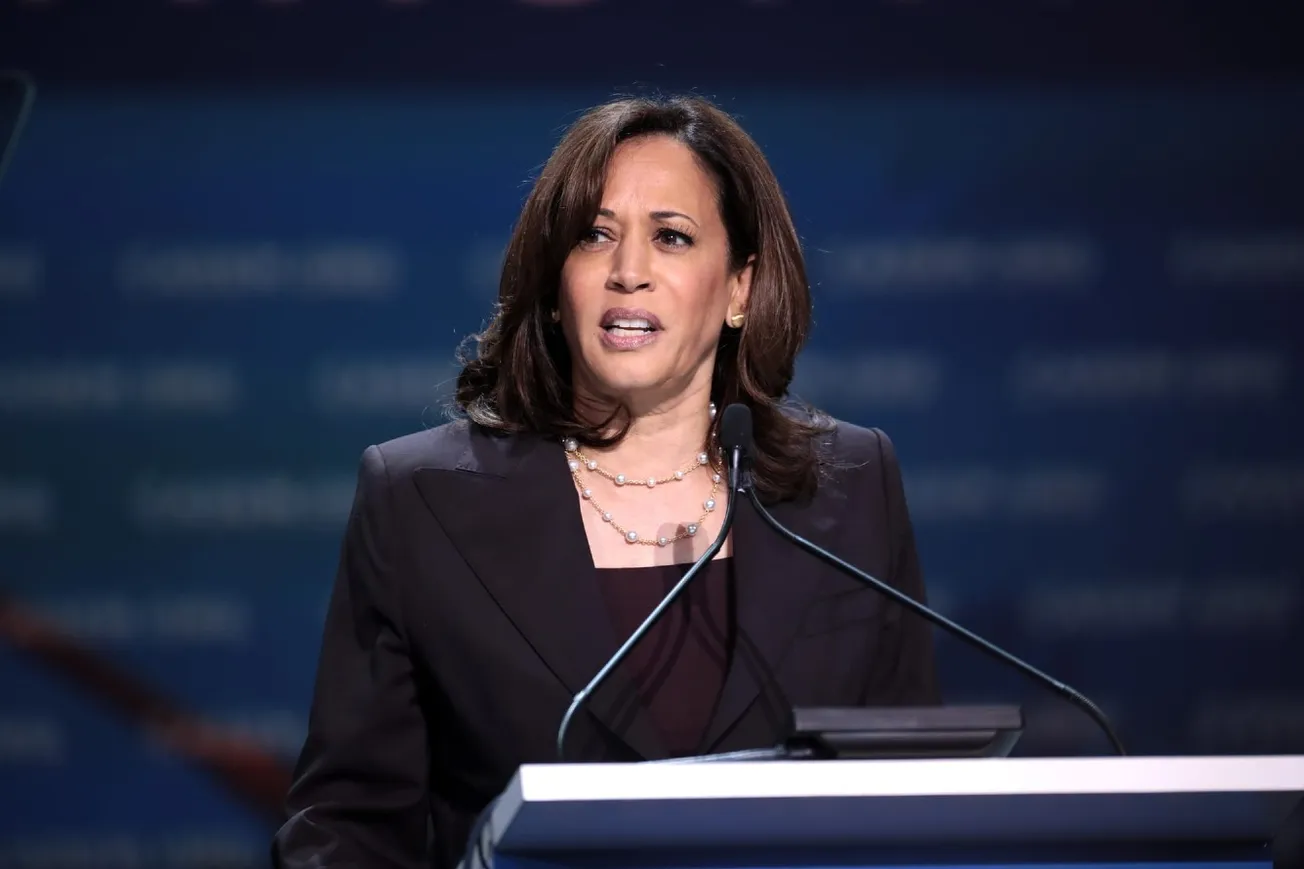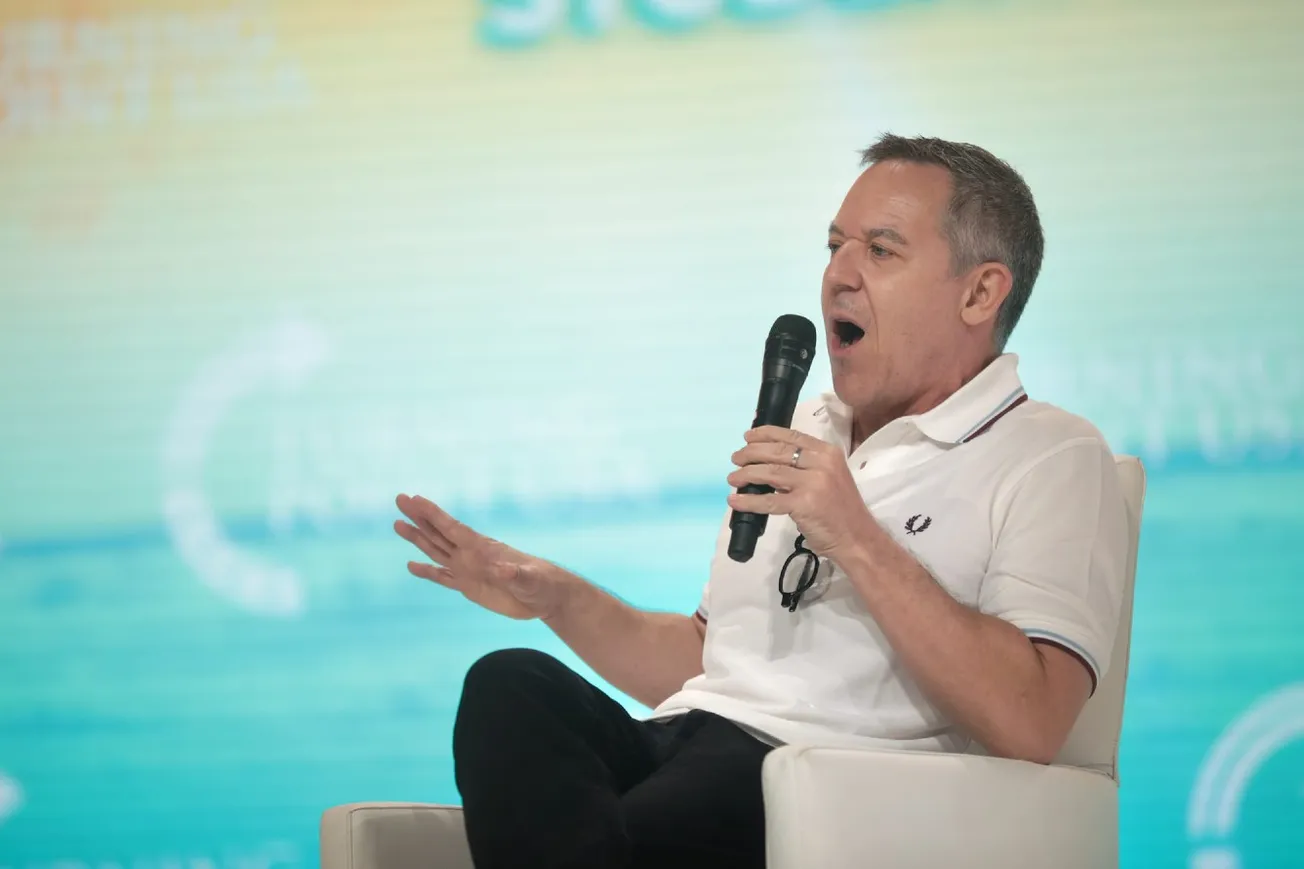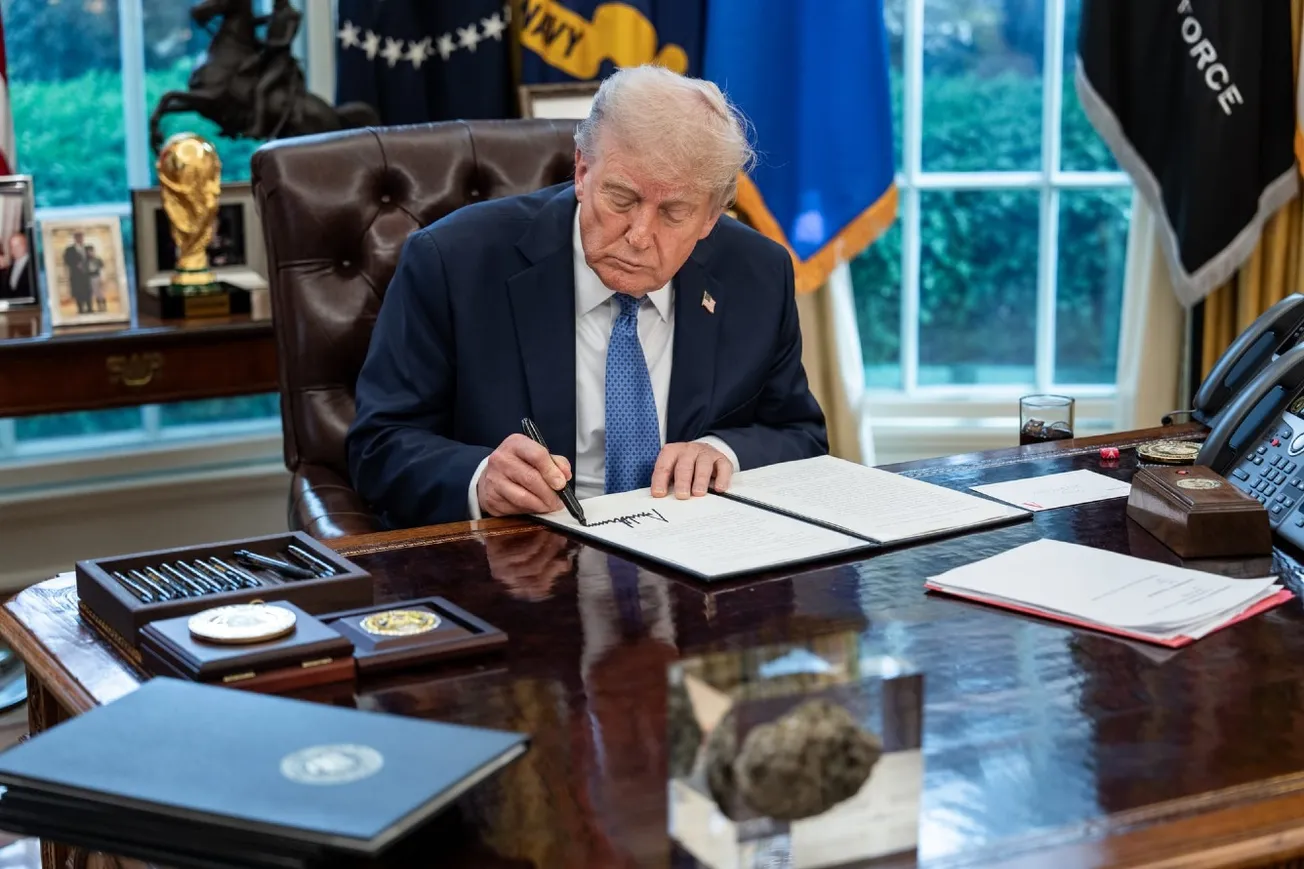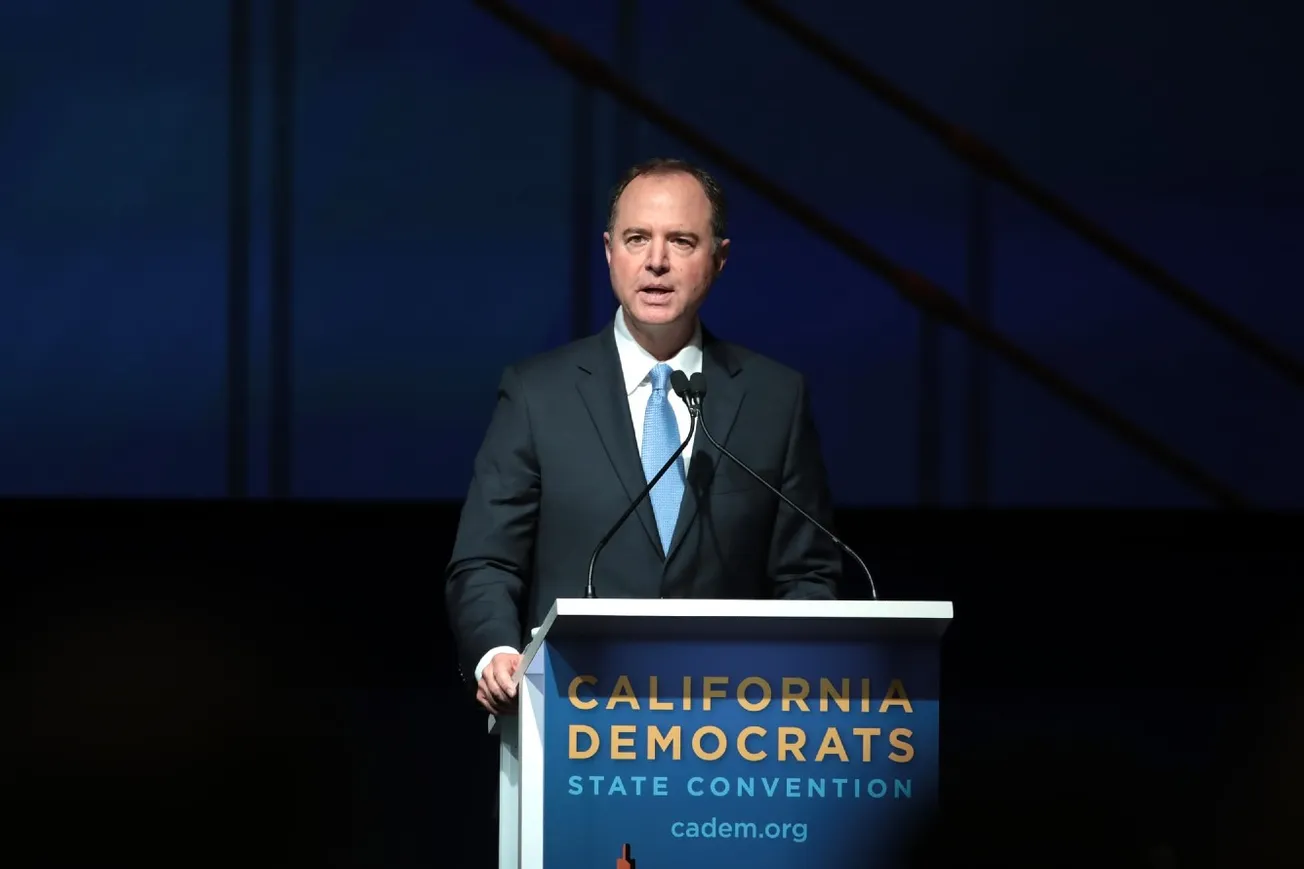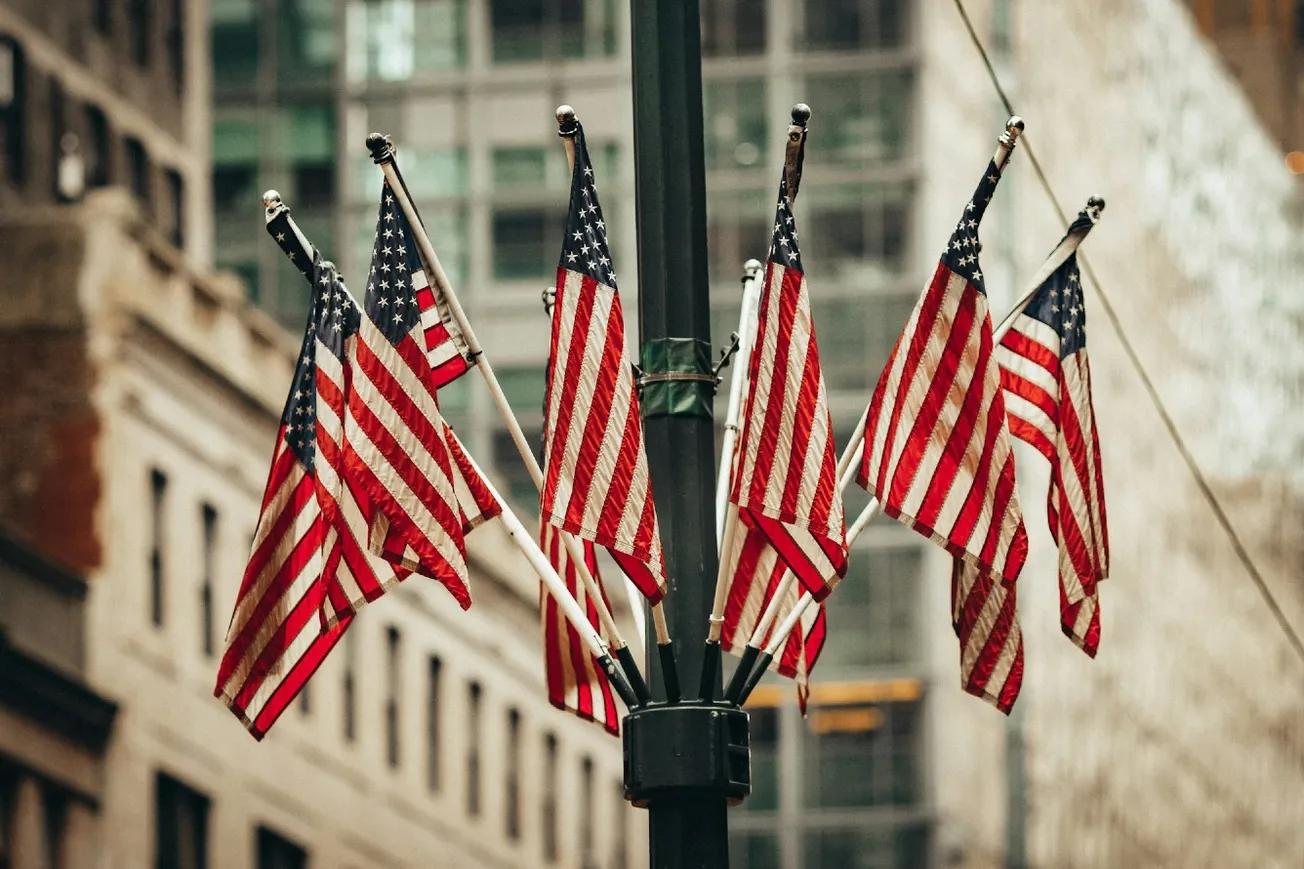President Trump spoke yesterday to a packed audience of business leaders hosted by the Economic Club of Chicago. Bloomberg’s editor-in-chief, John Micklethwait, was the only other person on stage.
The session lasted more than an hour, and Micklethwait challenged Trump on numerous topics, including tariffs, the economy, the federal debt, immigration, government waste, Russia, China, Taiwan, Google, January 6, and the peaceful transfer of power.
Whether one agreed with Trump's answers or not, he was fluent, speaking off the cuff and providing numerous anecdotes from his time in the White House. He even sparred with Micklethwait on the content of his responses. Having been fed a steady diet from Vice President Kamala with poll-tested, canned responses whenever she speaks, the average American would have come away impressed with Trump’s performance. Trump, the consummate businessman (whose net worth in Truth Social alone just rose to more than $2 billion), was at the top of his game in a scene not seen since the Biden administration took over.
The interview started with tariffs and stayed on it for an extended segment. Trump argued forcefully for leveraging America's enormous buying power as a country that suffers trade deficits with every major economy in the world through the intelligent use of tariffs. When a country of America’s economic heft suffers a trade deficit, it means that we buy more from a certain country than we sell to it. That country would be desperate not to lose access to American markets.
Our columnist noted Trump's passion for tariffs on these pages last month, and those words are worth repeating:
During his first term, Trump imposed tariffs on many countries - primarily Mexico and China - that he thought played unfairly regarding trade. For nearly 35 years, going back to his appearances on Oprah Winfrey and Phil Donohue, Trump has been consistent in saying that other countries take advantage of American trade policies that do not impose tariffs on imported goods. Still, these same countries levy hefty tariffs on goods that the U.S. exports.
It is a theme Trump repeatedly returned to. He discussed how South Korea agreed to pay more in tariffs when he challenged Seoul. Trump used another anecdote about someone who builds auto plants in Mexico for Chinese automobile manufacturers. According to Trump, they have abandoned the idea, anticipating Trump's return to the White House and his threat to impose 100% tariffs on those products coming back into the United States. Trump fondly remembered Shinzo Abe, the Japanese leader with whom he had a strong relationship. Trump revealed that Abe had told him that Japanese leaders had taken advantage of weak American trade policies for years.
While Trump is the founder of the MAGA movement, which has attracted millions of working-class voters without a college degree, he revealed today how he would employ his 60+ years in the business world to implement MAGA by attempting to negotiate the best outcome for the United States. His appeal to the voter has always been that he is not a politician and brings his business skills to the job, even if he got a few decisions wrong. This unique appeal was evident in Chicago and sharply contrasted with Harris who has never worked in the private sector, or made a private payroll for a single employee in her life.
Trump described his vision in straightforward terms. If a country plays nice, he will welcome them with open arms. If a country doesn't, like when it dumps goods in America or tries to create an alternate reserve currency to compete with the dollar (like the BRICS countries - Brazil, Russia, India, China, and South Africa), he would place tariffs on their imports to hurt their export economies. Trump made repeated overtures to foreign companies to invest in American factories to create jobs and drive up economic output. He, however, did not have a logical explanation for why he would oppose Nippon Steel's acquisition of U.S. Steel in Pittsburgh.
Trump also talked about how he negotiated on behalf of the United States when dealing with military suppliers. In one anecdote, he described how he struck a deal with then-Boeing CEO Dennis Muilenburg to bring down the price of Air Force One from $5.7 billion to a penny under $4 billion. It was the perfect segue for him to address government waste and discuss how he would appoint Elon Musk, the brilliant innovator, as the government's chief cost-cutter. Trump, always the astute TV performer, marveled at how the launch pad of a SpaceX rocket caught the 250-ton booster upon its return in a clip that has thrilled millions worldwide, as well as to Musk’s and his team’s engineering feat. The Harris campaign has no genius on its side to rival Musk.
Musk, who has been the target of liberal media outlets ever since he joined hands with Trump, received a rare bit of praise in a superb science-based article in the New York Times. In describing NASA's mission to Jupiter yesterday, the Times noted that initially, the government demanded NASA use a massive NASA-developed rocket that cost an estimated $4 billion per launch. Congress relented on that requirement, and in 2021, NASA awarded SpaceX, owned by Musk, the Falcon Heavy launch contract for only $178 million, a savings to the taxpayer of over 95%. It is little wonder why the Military Industrial Complex is totally against Trump and is behind Kamala Harris, who has continued to agree to fund America's war machine.
On immigration, Trump made a statement that invited loud applause: He was for immigration as long as it was legal. Most Americans agree with this position, which is in sharp contrast to the one led by Harris.
With fewer than three weeks before the election, President Trump proved that he was a confident leader in complete command of his ideas and how he delivered them. While he meandered a bit and repeated his words, refreshingly, there were no personal stories, narratives of meaningless expressions of hope (Americans have dreams and aspirations), and there was no Tel-e-Prompter.
Today, Trump was all business, a chief executive whom the average American would probably hesitate to invite home for dinner or be friends with but one whom the average voter would easily hire to right the country's course.


